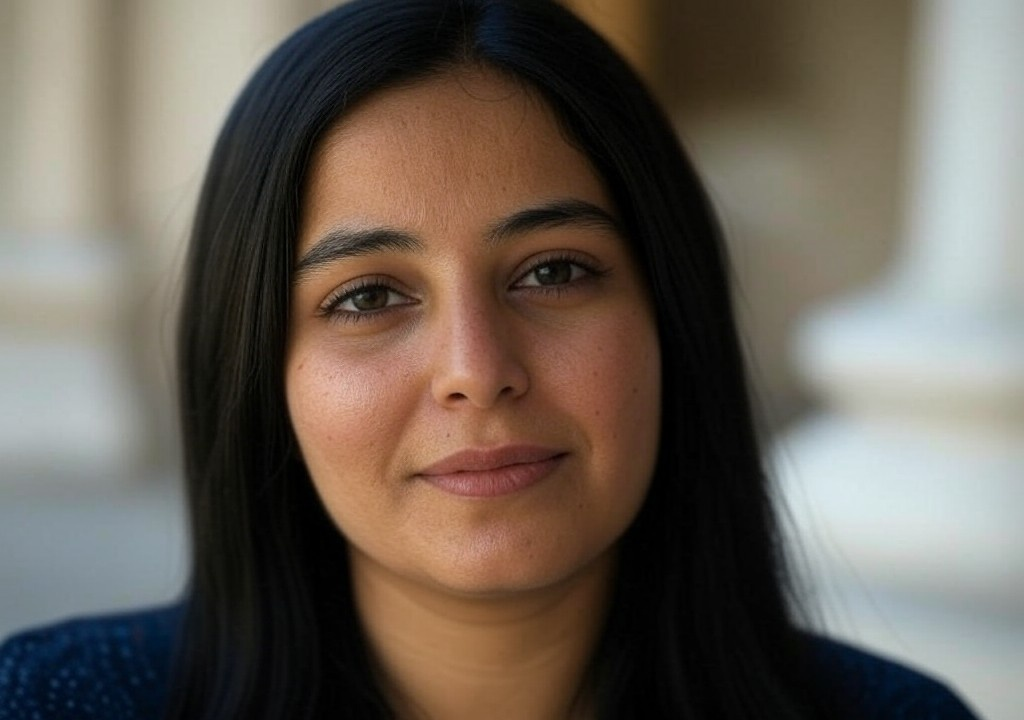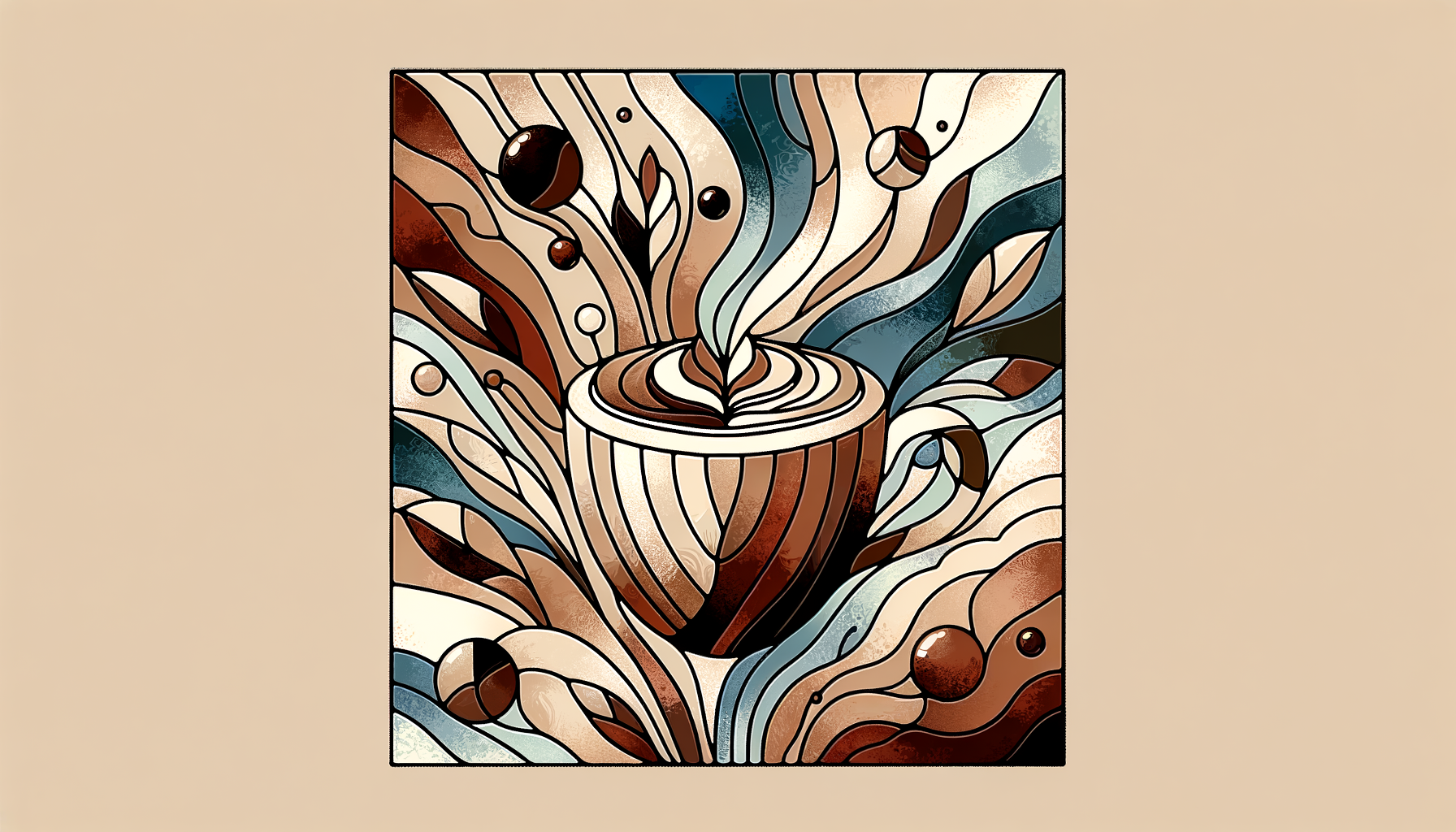The First Time I Felt Seen
It happened in a little café in Paris—the kind you imagine when you close your eyes and picture romance. Tiny round tables, waiters who look like they'd rather be anywhere else, and couples leaning in like the rest of the city didn’t exist. But this isn’t a rom-com, and the person across from me wasn’t a date. It was a friend—a new one—who somehow, in a single moment, saw me for who I really was.
We’d met at work, a small NGO bursting with purpose and chaos in equal measure. Yasmin was Lebanese-Swiss, effortlessly cool in that “I threw this on five minutes ago” way that only people raised around snow-capped mountains seem to pull off. She convinced me to grab coffee after what had been “just another Tuesday” but really felt like thirty-six hours folded into eight. I didn’t have the energy to say no.
Finding Myself in Translation
Over cappuccinos that were more foam than coffee, Yasmin asked, “What are you even doing here in Paris?”
It’s a question I’ve been asked a million times, and if you’re a person with a foot in two (or three) worlds, you get it too. To Egyptians, I’m the French cousin who drinks too much coffee. To the French, I’m the Egyptian girl whose name they insist on pronouncing with an extra "e" at the end.
I started to give her my stock answer: "You know, I moved here when I was ten. My parents wanted better opportunities." Standard fare. Elevator-pitch material. But she interrupted me, her eyes narrowing with curiosity.
"No, but really. What's it like living between two places, two cultures like that? You must always feel like you're… translating yourself."
Translating myself. That stopped me. It was exactly what I’d been doing for as long as I could remember. Translating not just words, but meaning, body language, tradition, humor, flirting styles (trust me, even that varies wildly). I’d taken it as the kind of juggling act everyone performs. I didn’t even realize how much I was editing or minimizing myself to fit whatever room—or relationship—I was in.
She saw it before I did. And as her question hung between us, I felt, for the first time, truly understood.
The “Invisible Work” of Being Seen
Perhaps this moment resonates with you because, like me, you’ve spent a lot of your life trying to belong somewhere. Maybe that’s within a family, a workplace, a relationship—or maybe even an online dating platform. (Don’t worry, this is not where I tell you to “just be yourself” as if that’s the secret to everything. We’ll get there.)
For people who straddle different identities, "belonging" can feel like a full-time job. Society expects us to be neatly packaged versions of ourselves: not too provocative, not too foreign, not too weird. It’s not that people don’t want to understand; it’s that they don’t have to. And so, like good multitaskers, we adapt.
But then there are those rare people—the Yasmins—who don’t need the translations. They ask the right questions. They listen without trying to fix. And if we’re lucky, they hold up a mirror that reflects not just the façade we’re used to showing the world, but something truer, something unpolished. That kind of recognition feels like drinking cool water after running an emotional marathon in desert heat.
Are You Letting Yourself Be Seen?
Now comes the part where I gently nudge you into some self-reflection. Because here's what struck me when I thought about that moment afterward: Yasmin may have seen me, yes, but I had to give her the opening. True connection is a two-way street, and for someone else to "see" you, you have to decide to stop hiding.
Here’s the thing: hiding doesn’t always look obvious. It can slide under the radar, dressed in the clothes of jokes that deflect, of compliments you brush off, of a perfect social media feed that screams, “My life’s amazing! Please don’t ask too many questions.”
So, how do you allow yourself to be seen? Here’s what I’ve learned since that café moment:
- Say Things That Scare You. Vulnerability isn’t easy, especially when you’re wired to perform “perfection.” But sometimes, telling someone, “I don’t have it together” is exactly how genuine bonds form. And trust me, most people don’t have it together either.
- Choose People Who Listen. Not everyone deserves to know the unpolished version of you. But the ones who stick around when you let your guard down? Those are your people.
- Resist the Urge to Translate. It’s tempting to explain (or worse, apologize for) aspects of yourself you think others won’t understand. The ways your mom shows love through food, how your accent slips when you’re tired or emotional, why you feel split between two worlds. But you don’t owe anyone footnotes to your existence.
Why This Matters in Love (and Life)
Fast forward a few years from that day, and I've realized how much this moment shifted my relationships—not just friendships but romantic ones too. Letting yourself be seen isn’t just a self-help cliché; it’s a prerequisite for intimacy.
Take dating. We often think it’s about chemistry or common interests, but I’d argue it’s mostly about recognition. Not that surface-level kind, where someone’s like, “Wow, you love The Smiths? Me too!” (Although that does help). I mean the recognition that comes when someone doesn’t just hear your story but feels it alongside you.
Yasmin’s coffee question rewired something in me, and, for the first time, I stopped searching for connections where I had to perform or shrink to fit. I began craving relationships—romantic or otherwise—that felt like that café table: open, curious, and unafraid of complexity.
It's Okay to Be "Too Much"
Look, one of the hardest things about wanting to be seen is the fear of being “too much.” Too emotional. Too complicated. Too… whatever. But the right people will never make you feel that way.
If I’ve learned anything from years of love, heartbreak, and life between worlds, it’s this: the only way to build true connections is to invite others into the messiness of who you are. Not everyone will get it, but some will—and they’ll make the years of “translating” worth it.
So start small. Maybe it’s a coffee chat with someone new. Maybe it’s telling your partner about that thing you’re afraid they won’t understand—or letting them see you ugly-cry over a bad day. Remember: the genuine connections, the ones that stay, begin where the façade ends.
And if you ever feel stuck, remember me, sitting nervously over that cappuccino, realizing for the first time that I didn’t need to keep translating. That moment changed me forever. Hopefully, yours will, too.




















